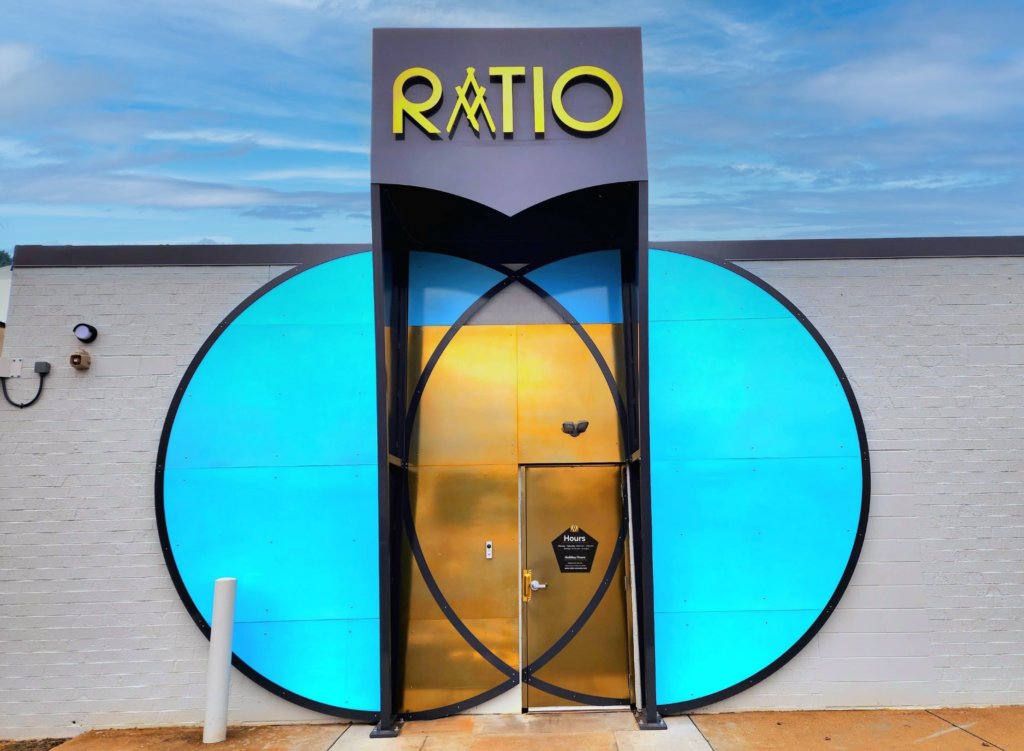This is a follow-up to our Part 1 post, a compilation of frequently overheard cannabis ERP myths. If you’re considering implementing an ERP solution for your cannabis business, the fear of falling victim to the misconceptions is real and likely keeping you from reaching your full potential.
In part one, we talked about the differences in cannabis software options, the lean IT infrastructure needed for cloud ERP, compliance wins, and how big your company doesn’t have to be to enjoy all the benefits.
In part two, we present a few more folklores about Cannabis ERP.
Myth #5: “Cannabis ERP is only for cultivators”
Myth #6: “Cannabis ERP only has the shipping, inventory, and manufacturing features?”
Myth #7: “ERP implementations are just too long”
Myth #8: “ERPs are expensive”
Let’s get started…
Myth #5: “Cannabis ERP is only for cultivators”
Cannabis ERP software is built from the ground up by marijuana experts who have spent years in the business and have an aggregate understanding of the entire marijuana supply chain and how it works. While seed-to-sale solutions concentrate on compliance and growing processes, cannabis ERP includes robust features and functions that help cannabis growers, manufacturers, distributors, and retailers embrace automation to streamline workflows.
Besides catering to each segment of the marijuana supply chain, cannabis ERP scales with you by understanding where you are today and paving the path for where you want to go. With specific modules that support the various stages of the logistics network, it’s easy to add service offerings or additional locations as you grow.
Myth #6: “Cannabis ERP only has the shipping, inventory, and manufacturing features?”
Cannabis ERP has those functions, sure. But that’s not all.
For cannabis manufacturers, cannabis ERP manages suppliers and vendors from a unified platform to standardize workflows, automate re-ordering, calculate COGS, and identify weak links.
For cannabis growers, cannabis ERP delivers virtual management for every location in real-time to streamline operations, track and monitor yield, set schedules, and stay compliant.
For cannabis distributors, cannabis ERP gives you inventory and sales control that reduces costs and simplifies shipping and deliveries while bringing significant market insights for informed decision-making.
For cannabis retailers, cannabis ERP offers customer service and loyalty features, inventory control, compliance automation, and multi-location reporting.
For all of these, cannabis ERP standardizes and integrates the business functions across every department, including sales, accounting and finance, human resources, distribution, procurement, and others – no matter where you fall in the supply chain.
Myth #7: “ERP implementations are just too long”
Determining how long a complex software implementation will take varies for each business and doesn’t give credit to the process. It depends on your specific needs, how many departments/locations you wish to integrate, and the number of features and customizations you require. Our implementations can take anywhere from a couple of months to a year or more, contingent on your available resources, deployment location, data conversion, and customizations.
Depending on your needs and the contingencies above, your ERP project can be expedited in some cases. Once you’ve conveyed your requirements, business goals, strengths, weaknesses, and opportunities to your ERP vendor, ask for a timeline estimate. Given all that an ERP solution does and the various business processes the systems integrate with, you can expect integration and configuration to take at least a few months. For the returns you get in the long run, it pays not to rush the process. And with this many variables, it’s better to have a patient mindset throughout the project.
Myth #8: “ERPs are expensive”
While this one is not necessarily a myth, it warrants some unpacking. Cannabis ERP may not be cheap, but when you consider all that comes with ERP, most cannabis companies come to a conclusion at one point or another that they can’t afford NOT having an industry best-in-class solution. Not all ERPs cost the same, and there are different pricing models based primarily on business size, number of locations, deployment type (cloud, on-premises, or hybrid), customizations, and the number of users.
It is important to note, the sticker price on cannabis ERP software only represents a portion of the implementation cost. Much of your costs will be rolled up in human resources (internal and external).
- Cannabis ERP costs: 15-30%
- HR costs: 40-60%
- Database management & infrastructure costs: 15-30% (potentially reduced by cloud deployment)
There many things to be considered when choosing a cannabis ERP; exploring the myths regarding cannabis ERP helps businesses like yours get perspective concerning which software you need to run your cannabis operation.
At c2b tek we care about growing cannabis companies. When you’re ready for a complete cannabis business management solution, look for the experts to implement and integrate a system with all the features and functionality needed for success in this industry.





